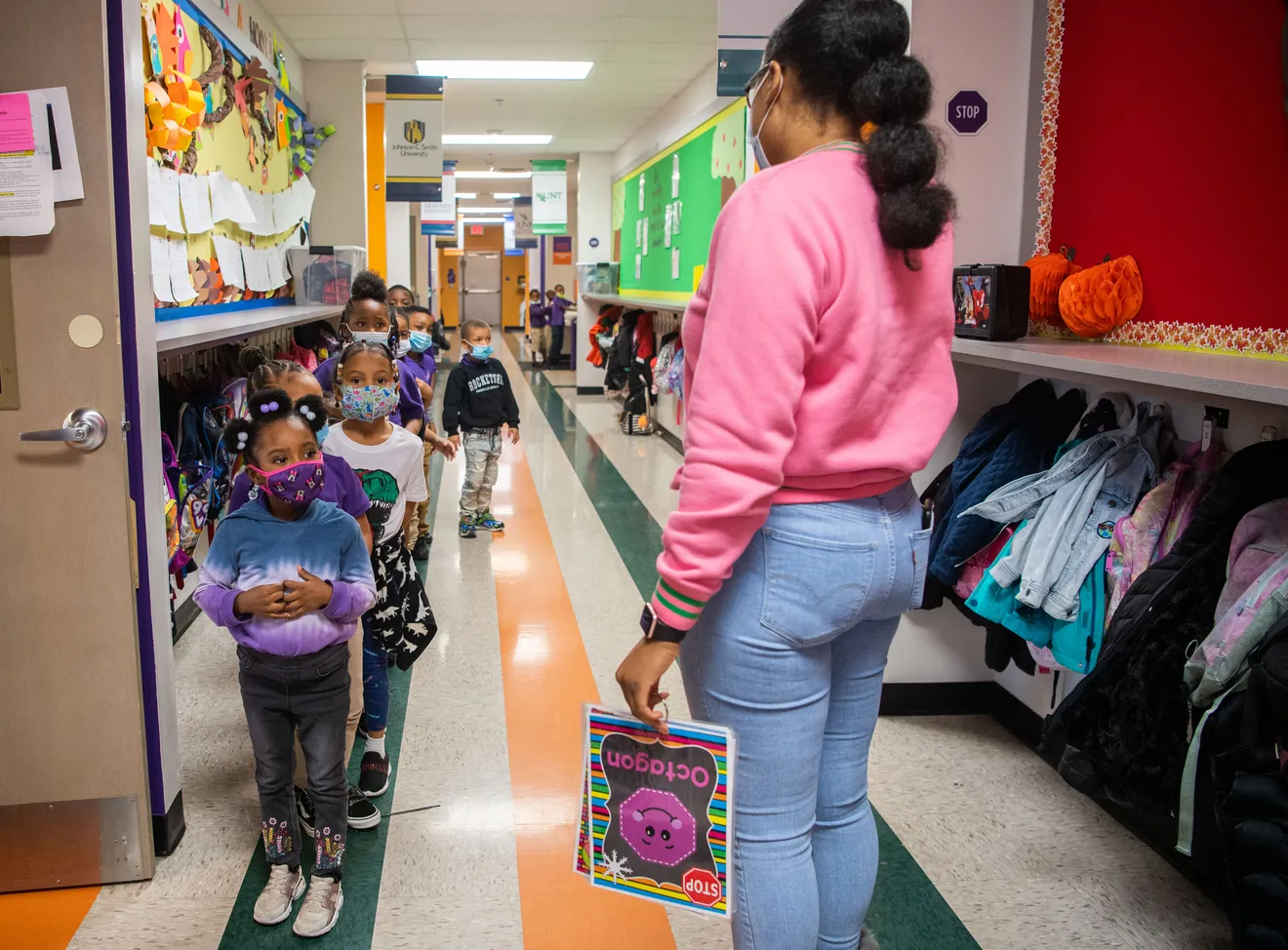
How Real Parent Engagement in Schools Looks Different Than What Most Imagine
William Hill, Executive Director of Rocketship Public Schools Tennessee
This article originally appeared in The Tennessean.
_
“It’s a great school. They have really involved parents.”
That’s a comment I’m sure many of you have heard or said to describe a “great” public school in Nashville. But “involved parents” is usually code for an active PTO that focuses on fundraising and volunteer activities.
This vision of traditional middle-class parental engagement in schools also leads some people to believe that schools serving students from mostly socioeconomically-disadvantaged families cannot have meaningful parent engagement, and therefore, can’t be “great.”
As a lifelong educator and a product of public schools myself, I agree that parent engagement is one of the keys to building a vibrant school community.
However, the real opportunity to unlock parent power doesn’t come from a traditional PTO structure. It comes by reframing education as something we do with families instead of to them. It comes by honoring parents as their child’s first teacher and lifelong advocate.
Some families are frequently marginalized
I recently joined Rocketship Public Schools Tennessee as the executive director, overseeing three public charter elementary schools here in Nashville.
Like all charter school operators in Tennessee, we are a nonprofit organization. Our mission is to eliminate the achievement gap by offering a high-quality public school option in historically underserved communities. Harnessing parent power is a key pillar of our school model.
Affluent parents – the ones with the time and resources to raise six-figure PTO funds – know they have power in their child’s educational experience.
They exercise this power not only by fundraising but also by speaking their minds and expecting to be heard. If they are unhappy, they can relocate to another school district or pay for private school.
While socioeconomically-disadvantaged families deserve the same level of respect and influence on their child’s education, they are regularly categorized and lensed through a deficit mindset steeped in the worst aspects of classism and beliefs about impoverished people of color.
Unfortunately, these families are so frequently marginalized by systems in our society, including public schools, that they often assume their involvement isn’t welcome. And this assumption is too often true when schools don’t know how to engage them or worse – don’t see them as fully human and valuable.
Parents deserve a seat at the table
I’ve been spending this semester getting to know the families at each of our schools. Several parents reflected on how rare it is to have direct access to school leaders or to have them care about what parents think. One mom described a school her son was at before Rocketship by saying, “They want you to drop off and pick them up, but that’s it.”
A school culture that values and welcomes all families equally has to be intentionally and thoughtfully created. At Rocketship, it starts with how we design and open our schools. Our founding parents choose the school’s name and fifth core value.
At the beginning of each new school year, our teachers conduct home visits. Our partnership with our parents deepens through developing individual learning goals for every student that parents review and track.
We offer our parents a seat at the table, listen deeply, and dialogue with them as equal partners.
Too often, our society is quick to blame parents for poor academic outcomes, especially low-income families whose children are statistically more likely to have harder lives and struggle in school.
But if you look closely at the schools that are closing achievement gaps, you will find that we have one thing in common – a commitment to engaging parents not as a problem to overcome, but as equal partners who are part of the solution.
Published on February 13, 2023
Read more stories about: Uncategorized.


